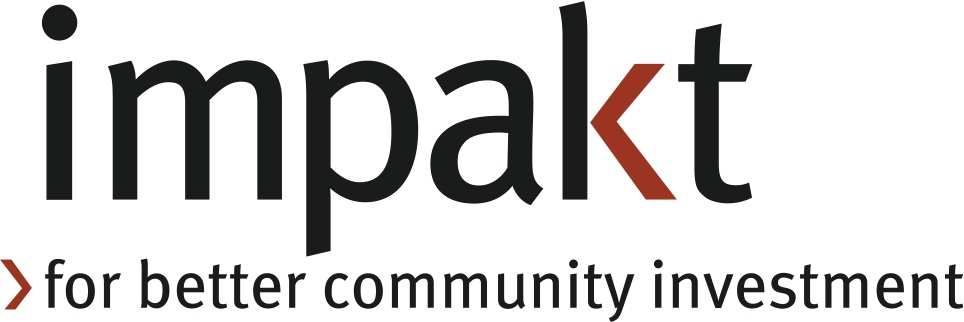The New CSR Frontier: Integrating Sustainability and Community Investment
Today, corporations have endorsed the case for environmental sustainability and the return on community investment is widely accepted. What’s the new frontier for CSR? I think it’s the largely unexplored territory between the environmental and community dimensions of CSR.
In what way do a corporation’s reductions in environmental impact also benefit the community? Should environmental sustainability be a criteria for corporate community investments and donations? Why should non-profit organizations that aren’t ENGOs put a priority on being environmentally responsible? I think these questions help to define a new dimension of CSR and set the stage for important conversations between people who aren’t usually at the same table.
The YMCA of Greater Toronto provides a concrete example of a best practice in this new space. As a part of its mission “to build communities that are home to the healthiest children, teens and young adults” the organization has put a high priority on sustainability. Why? It recognized that reducing environmental footprint is consistent with its mission, will help strengthen its brand, and can save money that can be re-directed to its social programs.
It’s accomplishments to date include: increasing the amount of recycling and reducing the amount of waste, establishing an environmental committee with representative at its many locations throughout the city, and determining its carbon footprint, and constructing the largest public green roof in the City of Toronto
The YMCA has also established a sustainability council comprised of experts from large corporations including BMO, Direct Energy, Grand & Toy, Kruger Products, and Tim Hortons. The council is helping the organization to pioneer a new approach to environmental sustainability for the non-profit sector and illustrates the power of blending corporate and non-profit expertise sustainability, fundraising, marketing, and operations.
Finally, the YMCA’s actions are authentic. It’s allocated resources to sustainability, worked behind the scenes for the last few years to establish internal buy-in, and done whatever was possible to reduce environmental impact. Moving forward, with the guidance of its Sustainability Council, the organization will start to leverage its accomplishments by communicating with its external audiences.
In addition to being the right thing to do, I think there are many ways in which non-profits can benefit from being more sustainable including saving money, retaining and attracting members/donors, and being more relevant to corporations for whom the environment is a community investment or operational priority. Corporations can also benefit by increasing internal integration and leverage between community investment, sustainability, marketing, and human resources.
So, remember that there’s more to corporate responsibility than reducing environmental impact in order to save money and investing the community to increase employee and stakeholder engagement. Push the envelop and improve your performance by doing more to blend sustainability with community investment!
Hope you’re having a great weekend.
Impakt was founded in 2001 by Paul Klein, an authority on corporate responsibility and community investment who is a guest lecturer of marketing at York University, writes a blog about corporate responsibility for Canadian Business Magazine, sits on the Advisory Board of the Centre for Corporate Social Responsibility at the Queen's School of Business, and has written numerous articles on the subject for publications in Canada and the United States.

